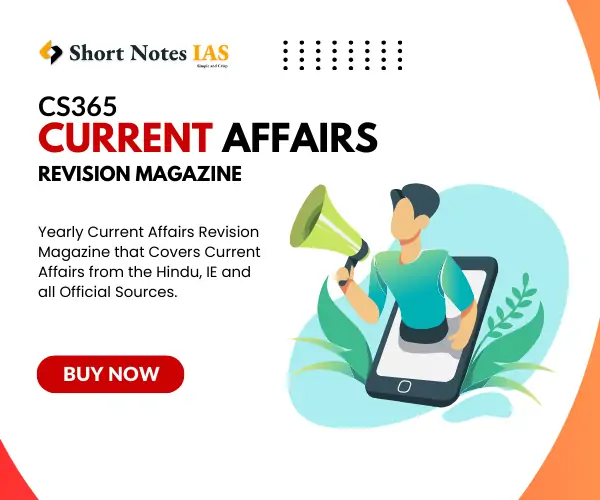No criminal case shall be filed unless the government first ‘consults’ the CJI, whose assent is imperative
Section 77 of the Indian Penal Code exempts judges from criminal proceedings for something said or done during judicial duties.
Can the police or any investigating agency file a first information report (FIR) against a sitting High Court or a Supreme Court judge and even the Chief Justice of India?
The question was repeatedly asked by Justice Arun Mishra in a Constitution Bench hearing on November 10. Justice Mishra was repeatedly heard telling advocate Prashant Bhushan that it is contempt to claim that the FIR in the medical college bribery case directly involves the Chief Justice of India. “It is contempt to say that the FIR names the CJI. Can there be an FIR against a sitting judge of a superior court? That is not the procedure,” Justice Mishra observed. So, what is the procedure? The answer is found in the majority judgment delivered by a five-judge Constitution Bench of the Supreme Court in the K. Veeraswami case.
Constitution Bench establishes CJI’s dominance as master of roster
Stipulated guidelines
The majority held that no criminal case shall be registered under Section 154 of the Criminal Procedure Code (an FIR) against a judge of the High Court, Chief Justice of the High Court or a judge of the Supreme Court unless the government first “consults” the Chief Justice of India. The justification given was that the CJI’s assent was imperative as he was a “participatory functionary” in the appointment of judges.
The Veeraswami case specifically dealt with the Prevention of Corruption Act in judiciary, but the majority judgment had extended its ambit to “any criminal case”.
“Due regard must be given by the government to the opinion expressed by the Chief Justice. If the Chief Justice is of opinion that it is not a fit case for proceeding under the Act, the case shall not be registered,” the majority judgment held.
The verdict held that if the the Chief Justice of India himself is the person against whom the allegations of criminal misconduct are received, the government shall consult any other judge or judges of the Supreme Court.
If the CJI allows the FIR to be registered, the government shall, for the second time, consult him on the question of granting sanction for prosecution.
The Veeraswami judgment holds that “it shall be necessary and appropriate that the question of sanction be guided by and in accordance with the advice of the Chief Justice of India”. The majority in the Constitution Bench classifies a judge as a “public servant”.
Consultation with the CJI while registering a criminal case against a judge, whether of the High Court or the Supreme Court, has been made mandatory to protect the independence of judiciary.
Similarly, the Supreme Court has also laid down guidelines for the arrest of a judicial officer of the subordinate judiciary.
Only a formal arrest
The Delhi Judicial Service Association versus State of Gujarat judgment of the Supreme Court was the product of the notorious treatment meted out to the Nadiad Chief Judicial Magistrate by a few Gujarat police officials. It had the country’s legal and judicial bodies in an uproar, compelling the Supreme Court to issue directions of the procedure to be followed while arresting a judicial officer. Primarily, the court held that a judicial officer “should be arrested for any offence under intimation to the District Judge or the High Court”.
The immediate arrest shall only be a “technical or formal arrest”, after which it should be immediately communicated to the District and Sessions Judge of the district concerned and the Chief Justice of the High Court.
The arrested judicial officer shall not be taken to a police station without the prior orders of the District Judge and no statements shall be recorded from him or her except in the presence of a counsel. He or she will not be handcuffed.
Section 3 of the Judges (Protection) Act of 1985 protects judges and former judges of the Supreme Court and the High Courts from “any civil or criminal proceedings” for any act, thing or word committed, done or spoken by him in the course of their judicial duty or function. No court shall entertain such complaints.
Section 77 of the Indian Penal Code exempts judges from criminal proceedings for something said or done during judicial duties.
However, the government can initiate criminal proceedings against a sitting or former judge of a superior court under sub section (2) of Section 3 of Judges (Protection) Act, 1985 if it can produce material evidence to show that a judgment was passed after taking a bribe.
Source : The Hindu



